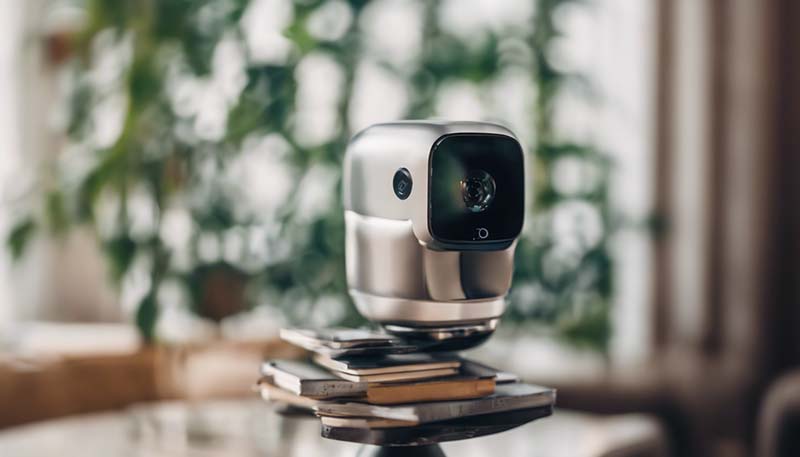Smart Home Devices: Making Your Life Easier and More Efficient
As technology advances, the concept of a smart home has moved from a futuristic dream to a present-day reality. Smart home devices are revolutionizing the way we live by automating routine tasks, enhancing security, and improving energy efficiency. This article delves into the various aspects of smart home technology and how it can make your life easier and more efficient.
What Are Smart Home Devices?
Smart home devices are a category of domestic appliances and systems that utilize networked electronics, IoT (Internet of Things), and machine learning to make your home more convenient and comfortable. These devices can communicate with each other and can be controlled remotely through a smartphone, tablet, or computer.
The Benefits of Smart Home Devices
- Convenience: Smart home devices allow you to control your home from anywhere in the world, providing convenience and peace of mind.
- Energy Efficiency: Many smart devices help reduce energy consumption by automating the use of lights, heating, and cooling systems.
- Security: Smart security systems can include cameras, door locks, and alarms that can be monitored and controlled remotely.
- Health and Wellness: Devices like smart thermostats can improve air quality, and smart scales can help track health metrics.
- Entertainment: Smart speakers and entertainment systems can be integrated to provide a seamless and personalized entertainment experience.
Types of Smart Home Devices
1. Smart Speakers
Smart speakers like Amazon Echo and Google Home are multi-functional devices that can play music, answer questions, control other smart devices, and more, all through voice commands.
Advertisement
2. Smart Thermostats
Nest and Ecobee are examples of smart thermostats that learn your schedule and preferences to optimize heating and cooling, leading to energy savings.
3. Smart Lighting
Philips Hue and LIFX offer smart lighting systems that let you control the brightness and color of your lights from your phone or set them to change automatically based on the time of day.
4. Smart Security Cameras
Arlo and Ring provide security cameras that can send alerts to your phone when motion is detected and allow you to view live footage remotely.
5. Smart Locks
August and Schlage offer smart locks that can be controlled with your phone, allowing remote lock and unlock, keyless entry, and even granting temporary access to guests or service providers.
6. Smart Plugs and Power Strips
Smart plugs like those from TP-Link and Wemo allow non-smart devices to be controlled remotely and can help save energy by tracking energy usage.
How to Get Started with Smart Home Devices
Getting started with smart home devices is easier than you might think. Here are some steps to help you begin:
- Assess Your Needs: Determine what aspects of your home life you'd like to automate or improve.
- Choose a Central Hub: Some systems require a central hub or a compatible router to connect all your devices.
- Start Small: Begin with one or two devices, such as a smart speaker or a smart bulb, to get familiar with the technology.
- Consider Compatibility: Make sure the devices you choose can work together and are compatible with your existing tech ecosystem.
- Set a Budget: Smart home devices can range from affordable to quite expensive, so set a budget that works for you.
- Install and Configure: Follow the manufacturer's instructions to install and set up your devices.
The Future of Smart Home Devices
The future of smart home devices is bright, with advancements in AI and machine learning promising even more intuitive and personalized experiences. We can expect to see more integration between devices, better energy management systems, and enhanced security features.
Conclusion
Smart home devices are not just a luxury; they're a step towards a more efficient and comfortable lifestyle. By automating everyday tasks and providing remote control, these devices can save you time, reduce your energy bills, and offer a level of convenience that was once the stuff of science fiction. As the technology continues to evolve, the possibilities for how we live and interact with our homes are limited only by our imagination.
For more information on smart home technology, you can visit reputable tech review websites or consult with a smart home specialist.

Comment